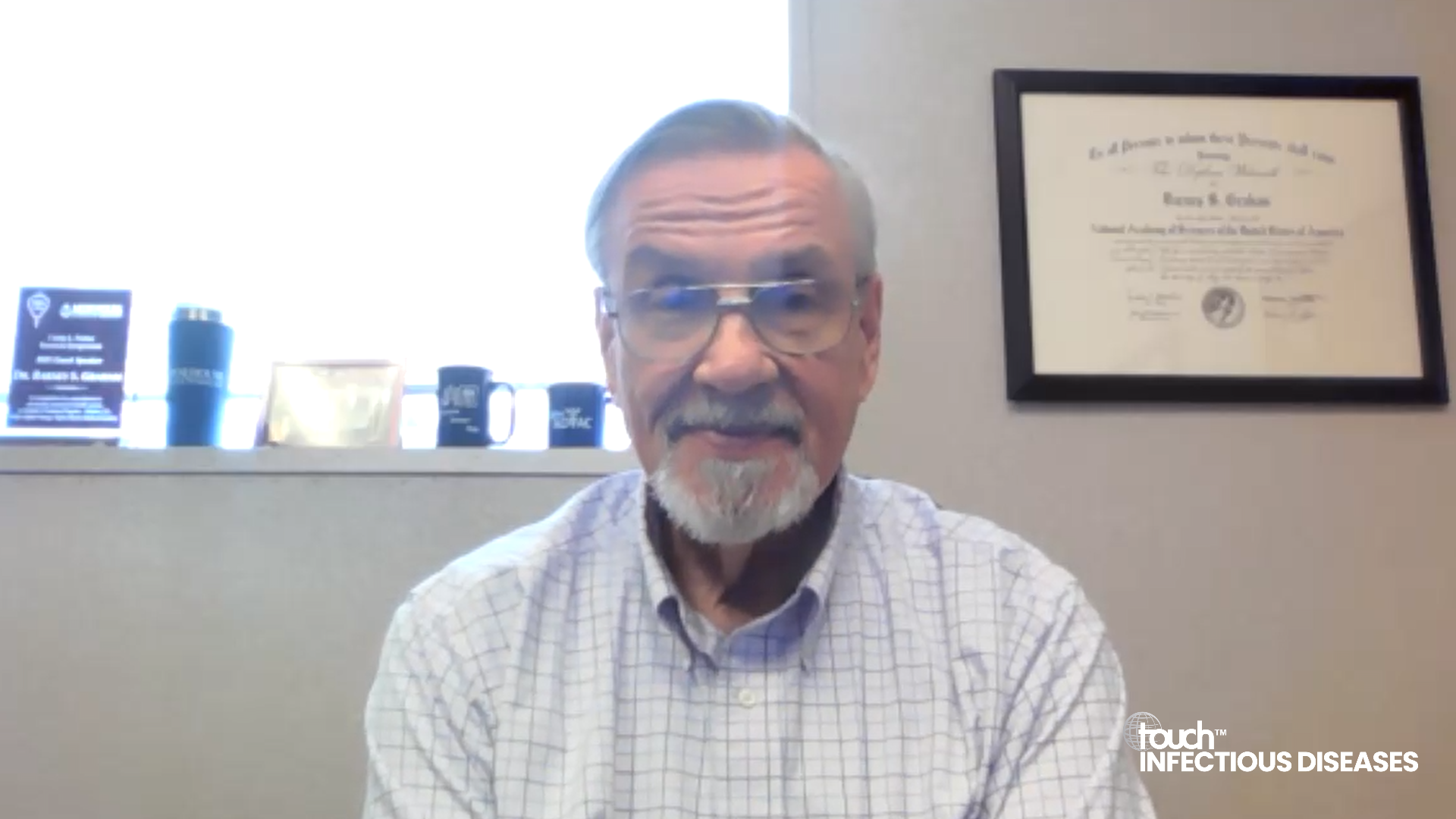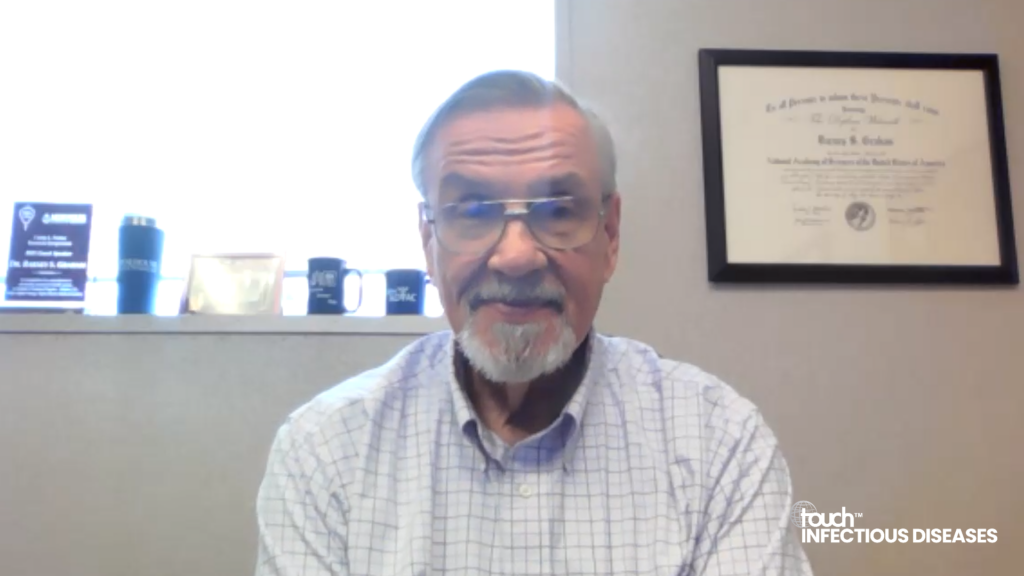The one year additional follow-up of the HPTN 083 trial results (NCT04692077), investigating long-acting injectable cabotegravir vs. daily oral TDF/FTC for HIV prevention in adults, were discussed in this short interview with Prof. Raphael J. Landovitz (UCLA Centre for Clinical AIDS Research & Education, University of California, Los Angeles, CA, USA). Reported are the updated HIV incidence rates in both study arms during the blinded phase of the trial (original primary analysis period) and for one year post-unblinding of follow-up; the study continues currently as an open-label extension to collect additional data in support of roll-out and scale-up.
The abstract entitled: ‘Updated Efficacy, Safety, And Case Studies in HPTN CAB-LA VS TDF/FTC FOR PrEP’ (Abstract #96) was presented at Conference on Retroviruses and Opportunistic Infections (CROI) 2022 (Virtual), 12-16 February 2022.
More information on the recent HPTN084 trial can be accessed here: Abstract #700
Questions:
- Please can you describe the rationale for, and objective of, the HPTN 083 trial investigating long-acting injectable cabotegravir? (0:25)
- How does this analysis build on the results of the previous pre-specified analysis of the HPTN 083 trial, and what were the key study results? (3:19)
- How might the use of long-acting injectable cabotegravir impact patients? (5:36)
- Are there any unanswered questions regarding long-acting injectable cabotegravir currently under investigation? (7:16)
Disclosures: Raphael Landovitz is on the advisory board for Gilead and Merck; and receives honoraria/honorarium from Cepheid and Janssen.
Support: Interview and filming supported by Touch Medical Media. Interview conducted by Katey Gabrysch.
Filmed as a highlight of CROI 2022.









